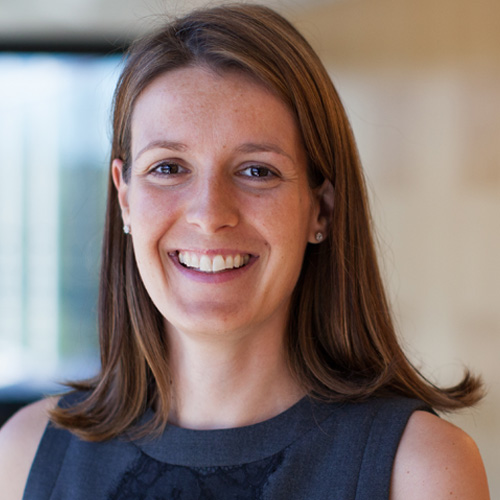Inheritance planning is increasingly complex
How to transfer wealth is a major concern for most high-net-worth families. There are a whole range of factors to consider if families want to protect or grow their assets, keep a family business going and avoid tax pitfalls. Claude Medernach, Legal Counsel Key Clients, and Anne-Lise Grandjean, Tax & Estate Planner, talk to us about what is at stake.
This article is an extract from the Paperjam May 2024 supplement on Private Banking
The transfer of assets from baby boomers to their children and grandchildren is set to be one of the biggest wealth transfers in history. Is this a challenge for private banking?
First we need to put this notion of “the greatest wealth transfer in history” into perspective. While it's true that this is the largest stock of assets ever to be passed on from one generation – boomers – to the next, the transfer is spread over time. Born in midcentury, from 1946 to 1964, baby boomers are now aged between 60 and 80. As living standards have improved and people are living longer, this transfer of wealth will happen gradually rather than all at once around the world.
And there’s another dimension: the heirs are often in a comfortable position themselves. They may even be very wealthy They are well established in their lives, sometimes at the head of flourishing businesses. They are not financially dependent on their parents.
It may well be gradual, but isn’t this transfer a challenge for the bank?
Yes, of course. Our priority is to be ready to support this new generation, which is more demanding and, no doubt, less loyal. They may be keen to have the advice and support of a dedicated wealth manager, but they shop around and compare. They will pit us against the competition and are more likely to switch banks. They expect more transparency and want to understand the ins and outs of the relationship, as well as the costs of a service. So, the challenge for us is to continue serving the parents, with whom we have built up a solid relationship based on trust, while also attracting and retaining the NextGen as bank clients. To do this, we have to be there for them as early as possible and provide the services and support they need, not just for inheritance issues, but also for wealth management and estate planning.
If as you say, Generation X is not necessarily reliant on their inheritance from the parents, what about the generation after them, the grandchildren? Are they eager for some of this bounty?
To date, this situation has been relatively uncommon for us. In principle in Luxembourg, the direct descendants – the grandchildren in this case – do not pay inheritance tax on the estate they inherit on the death of a grandparent. But a tax is levied on gifts made to children or grandchildren during the donor’s lifetime (except for a “don manuel”). This set of tax rules applies specifically to gifts and can lead to frustration or a feeling of injustice.
Why is that?
Let’s take an example. A child has taken over at the head of the father’s company. Because people are now living longer, he/she can expect to hold this position for a long time, but without actually owning the company or shares in it. The parent could opt to gift his shares to his son/daughter. But, this gift would be taxable. Unfortunately, waiting to pass on the assets after death would be far more efficient. It’s a pity that the parent in this case cannot simply pass on some of his company shares, since they will in any case go to the heirs on his death.
What are the big inheritance planning issues for families?
There are several, including the problem of dilution and division of assets. In most case, inheritance involves several branches of a family. And it can be complex! Especially when the estate consists of assets that are more or less liquid and easy to distribute. One of the first priorities is to find out what all the parties involved expect from the estate. Often, one branch of the family is looking for financial independence and more flexibility than their siblings. Where this doesn’t arise, then joint management of the undivided estate offers advantages, such as better investment opportunities from the higher amounts involved, stronger market positions or lower costs.
Families too are changing, with different and more complex formations. In a blended family, a share of the assets may go to the other branch of the family, depending on which spouse dies first. This can leave a bitter taste in the mouths of the children of a previous relationship.
Our specialists can assist you with all your questions relating to tax and wealth


